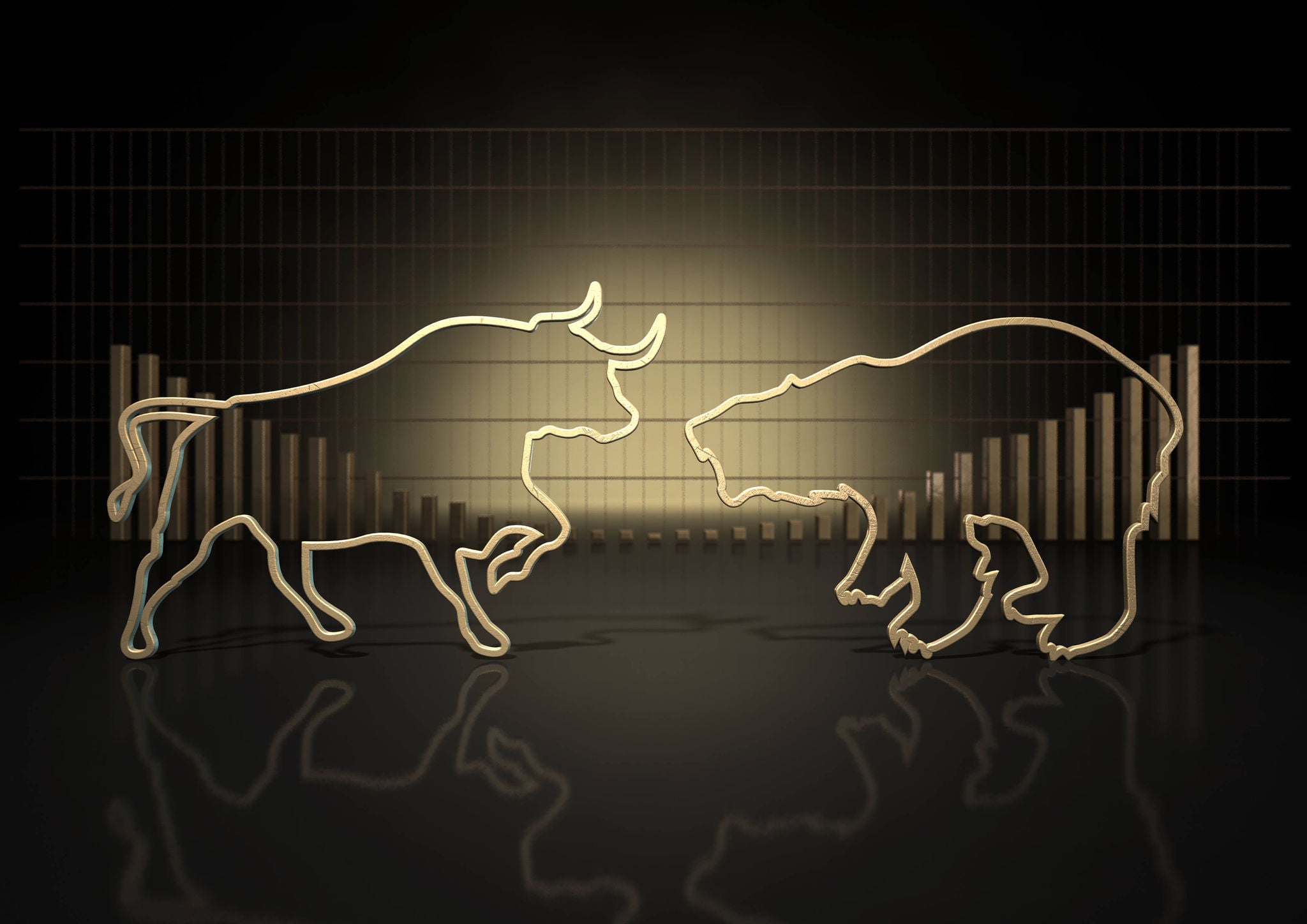You are now leaving www.BankWithUnited.com and being redirected to a website that is not operated by United Bank. Please be aware, United Bank is not responsible for the content or availability of this website and its privacy and security policies may differ from those of United Bank.
We live in increasingly difficult and confusing financial times. Over the past year, consumers have been forced to deal with the impact of price inflation and higher prices for common products and services, rising interest rates, and greater volatility in the stock market.
Now, financial experts are saying that we’re officially in a bear market. But what exactly does that phrase mean? When will the stock market recover? And what should you do in response to these conditions?





